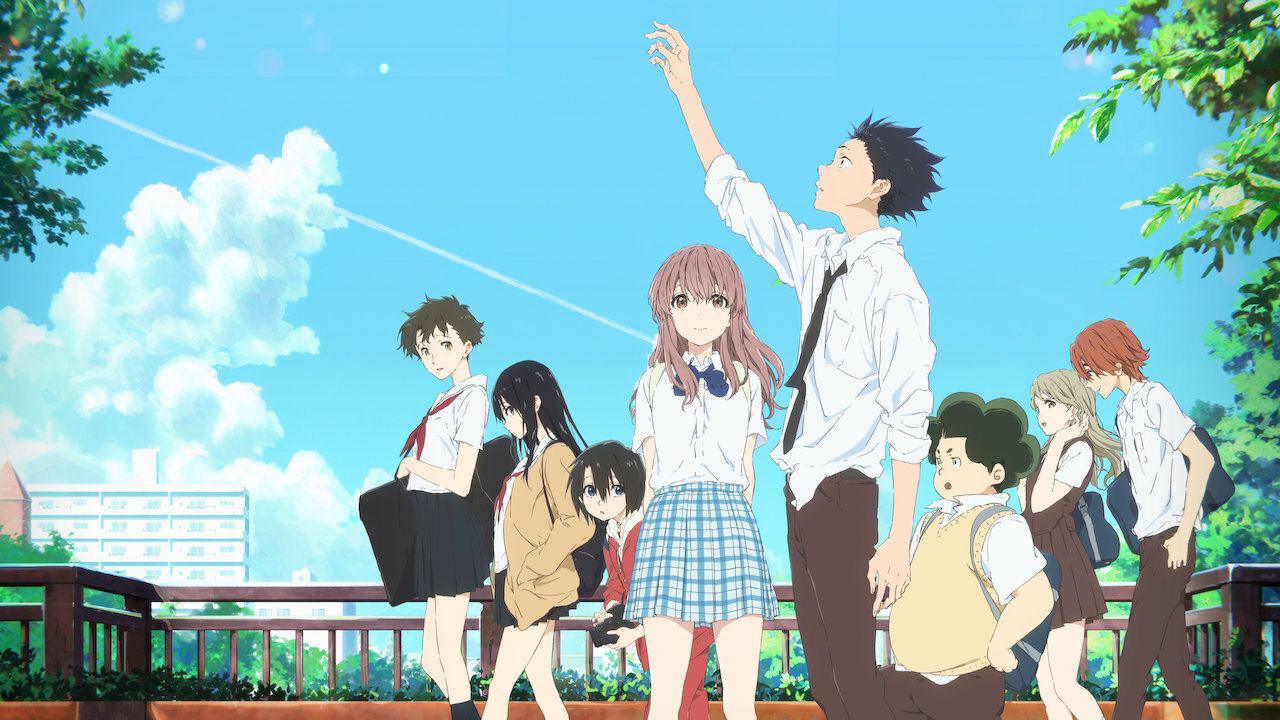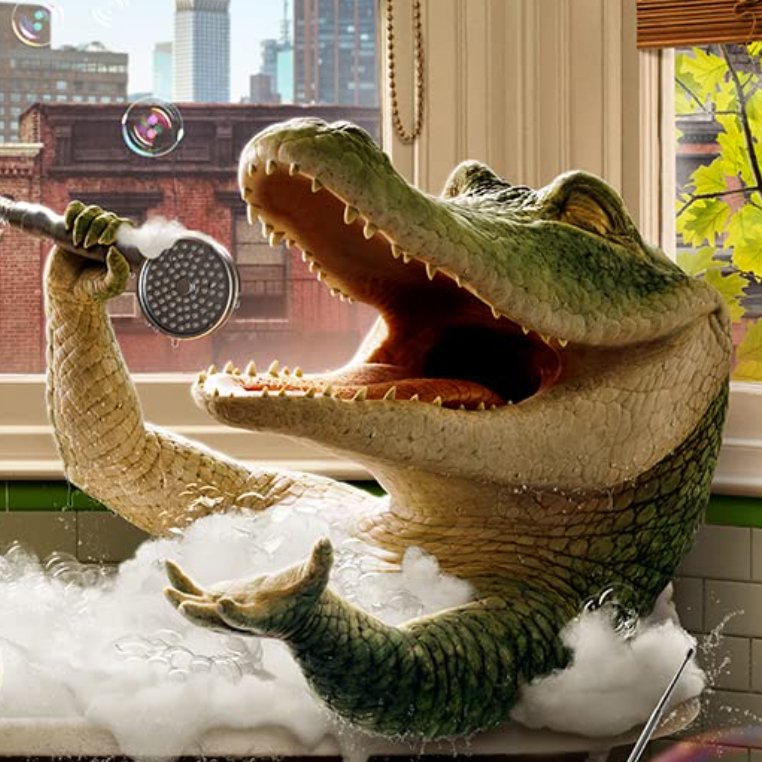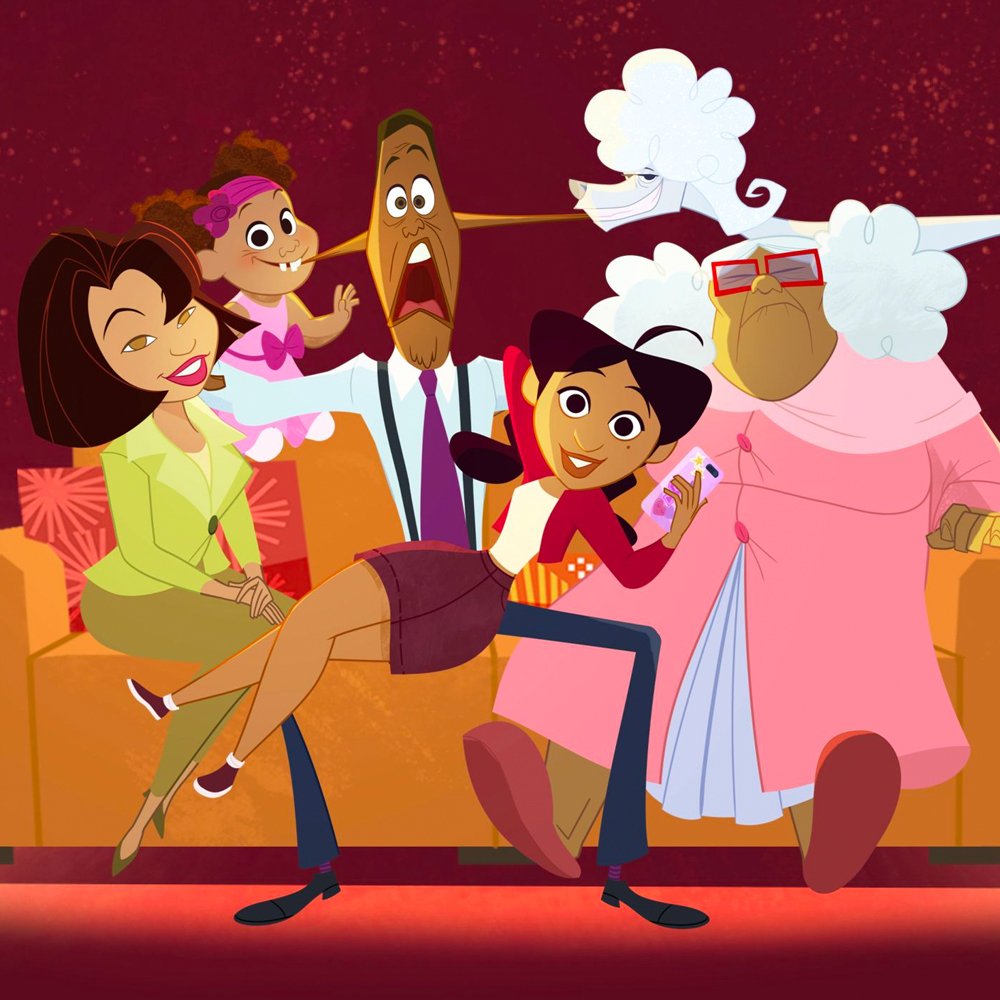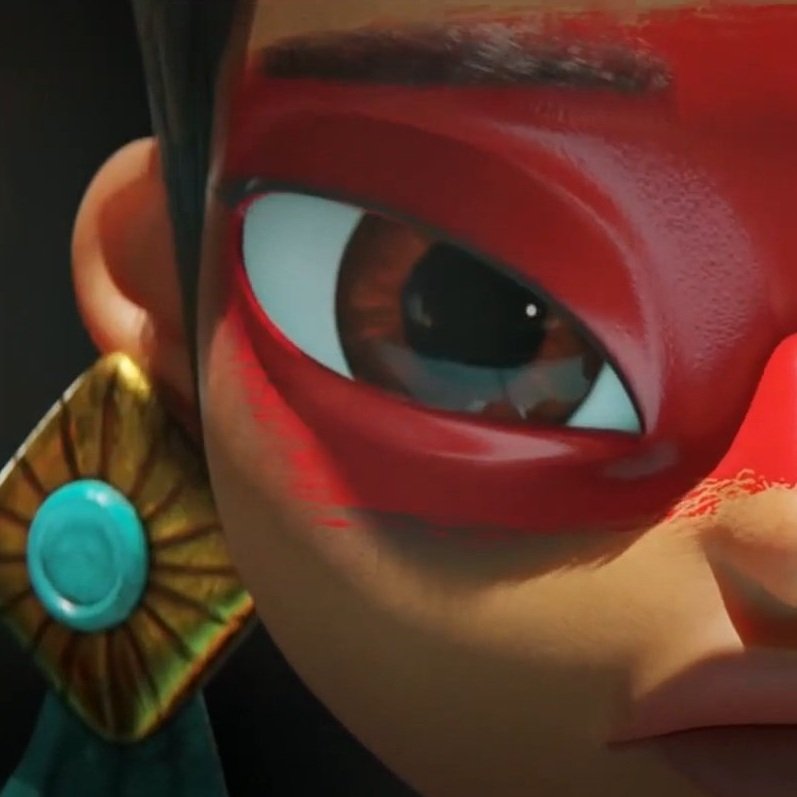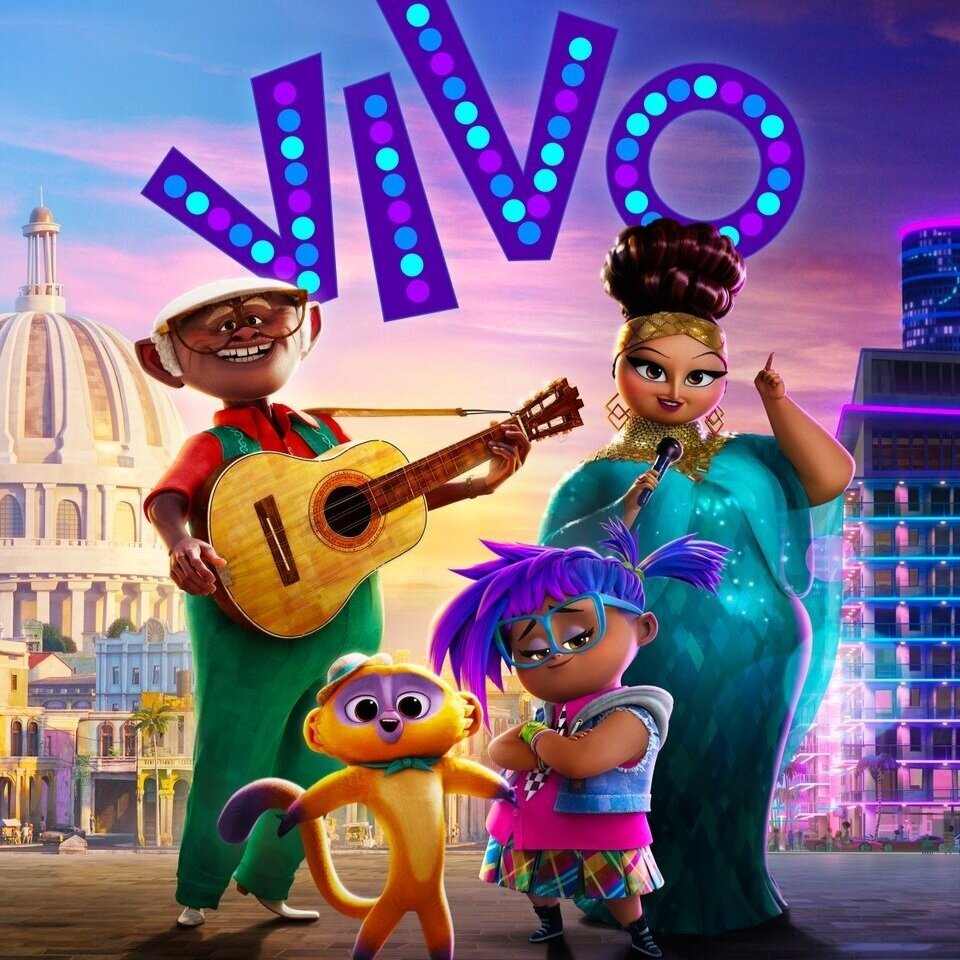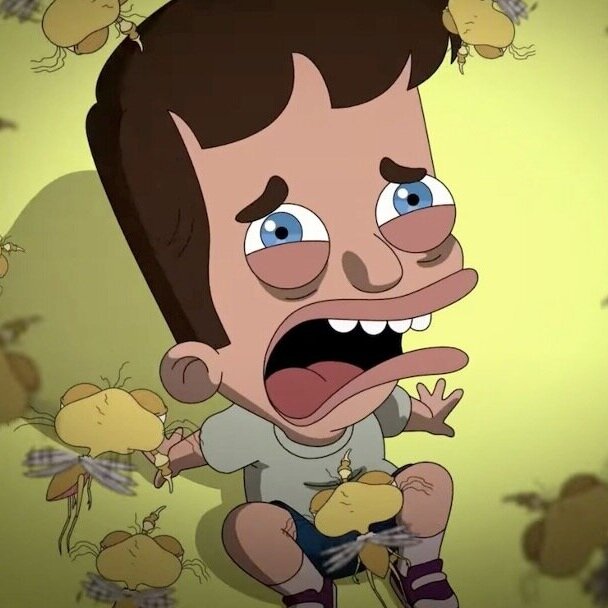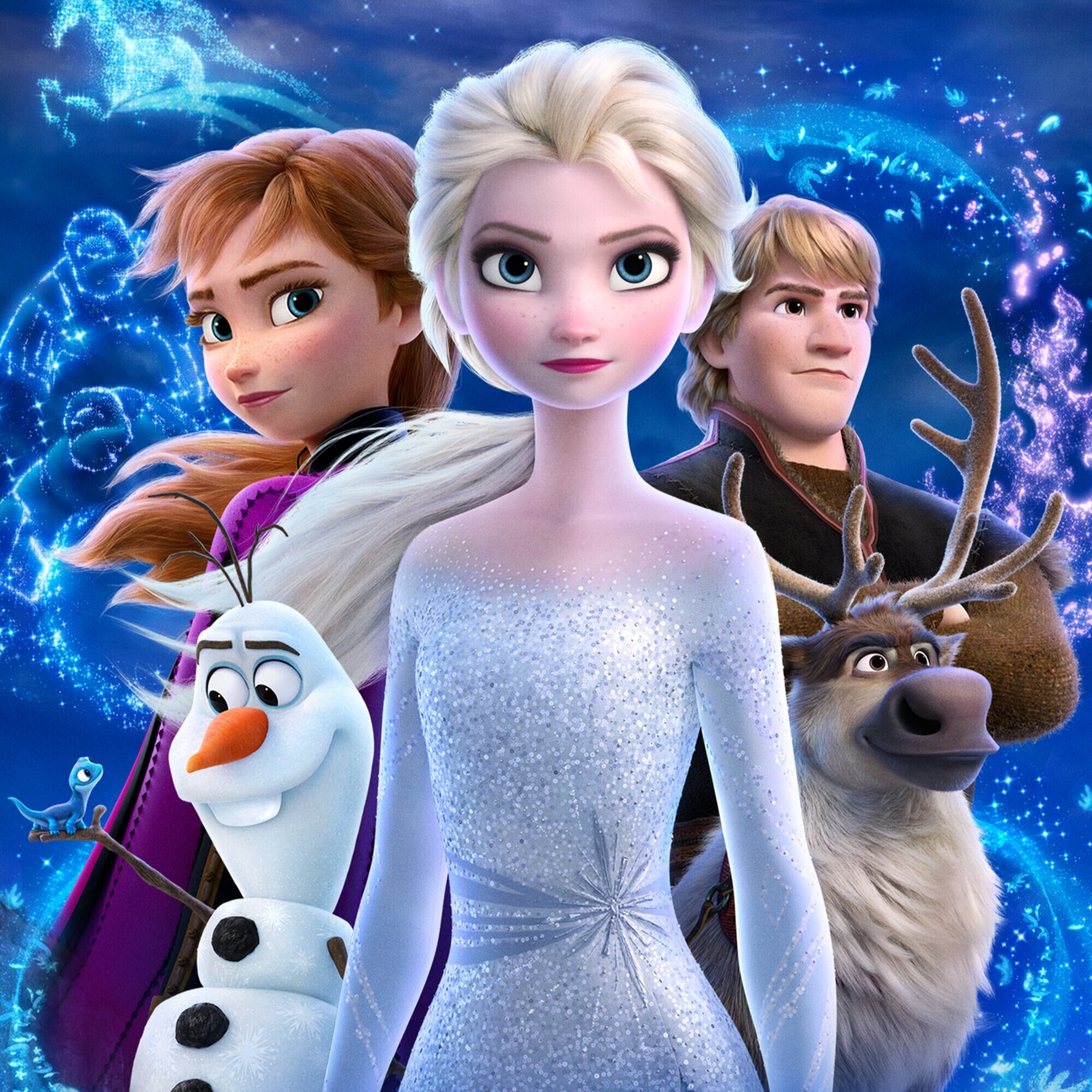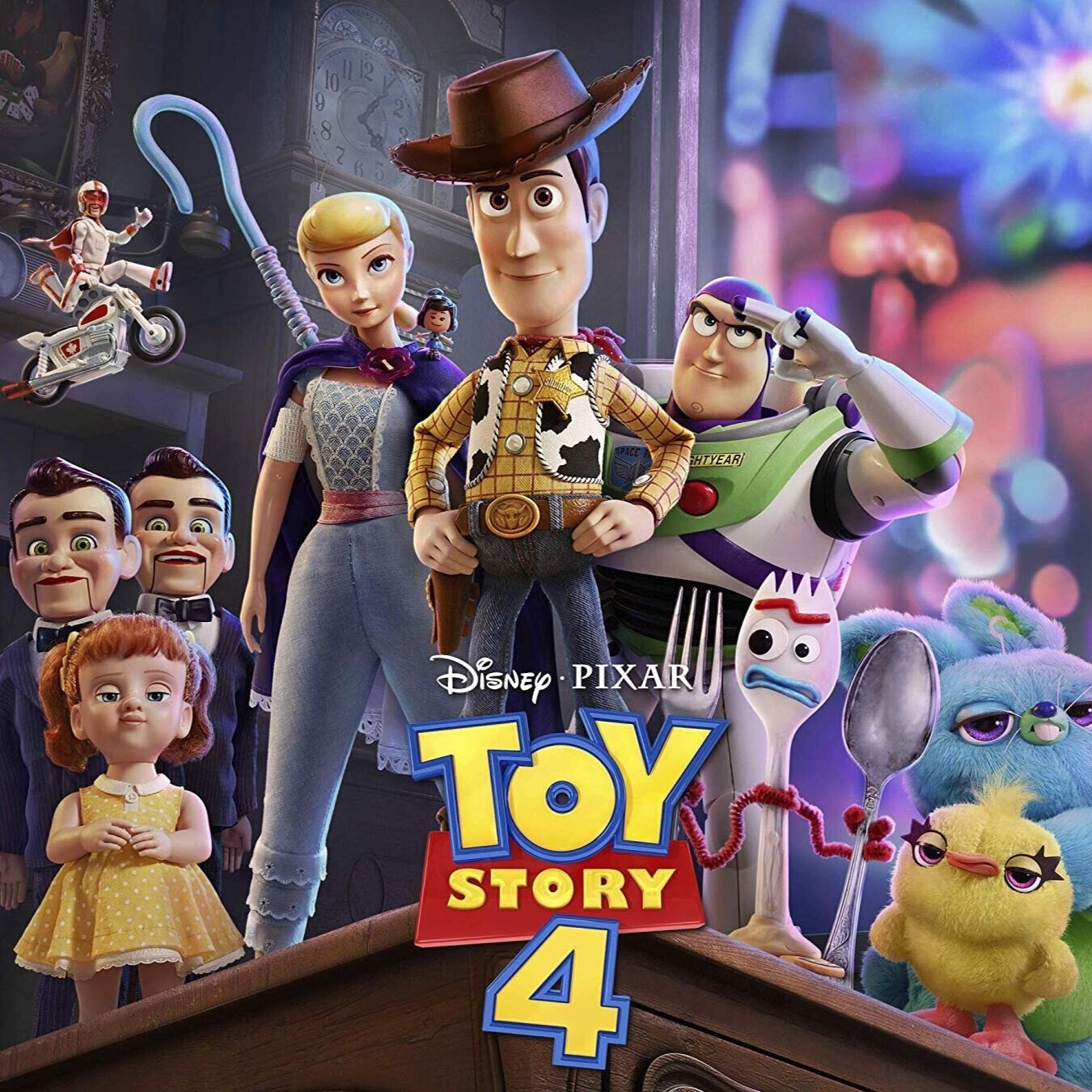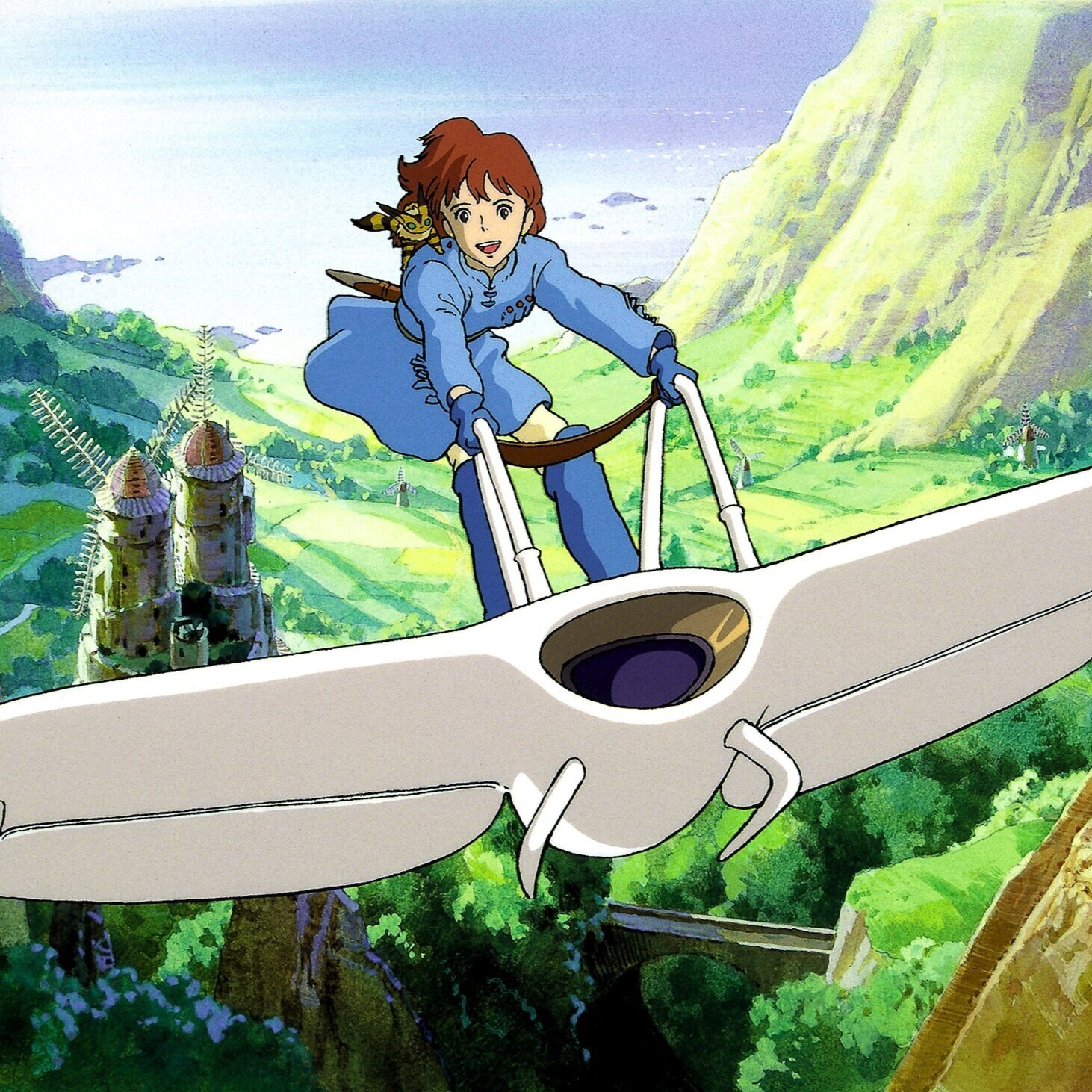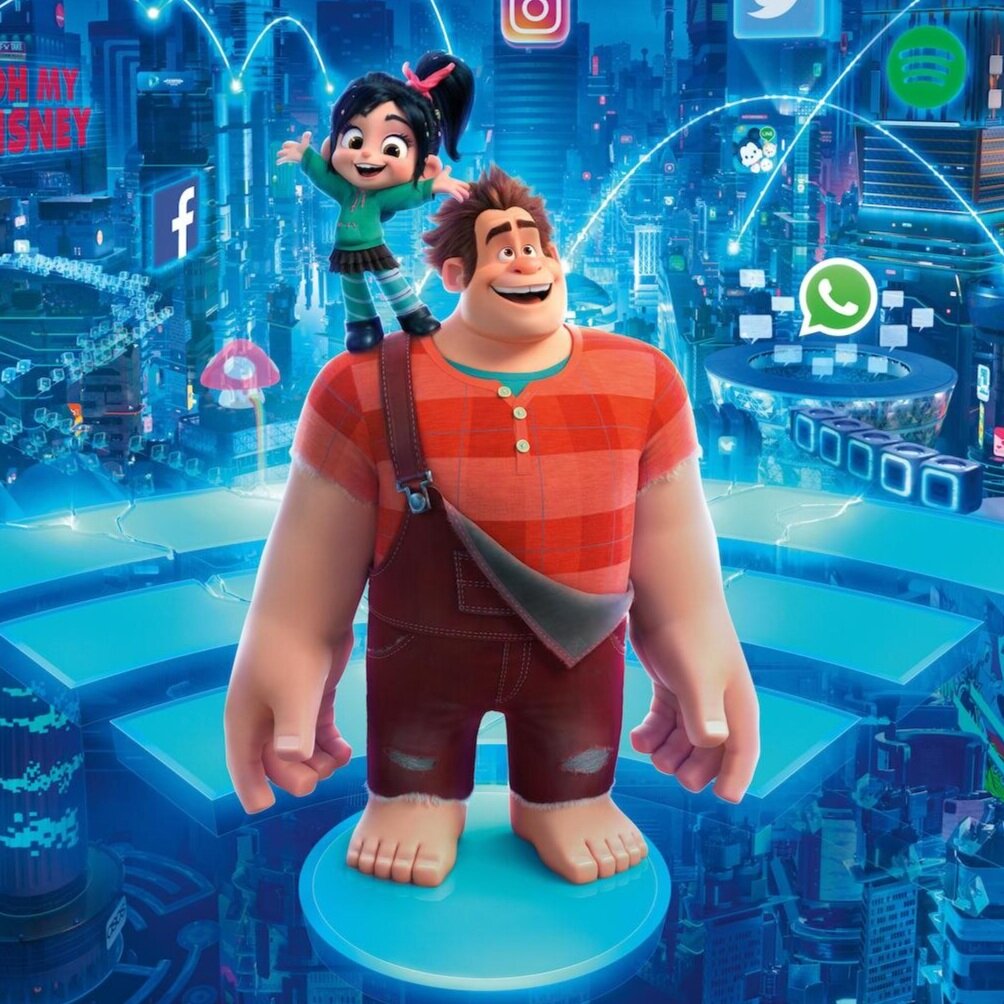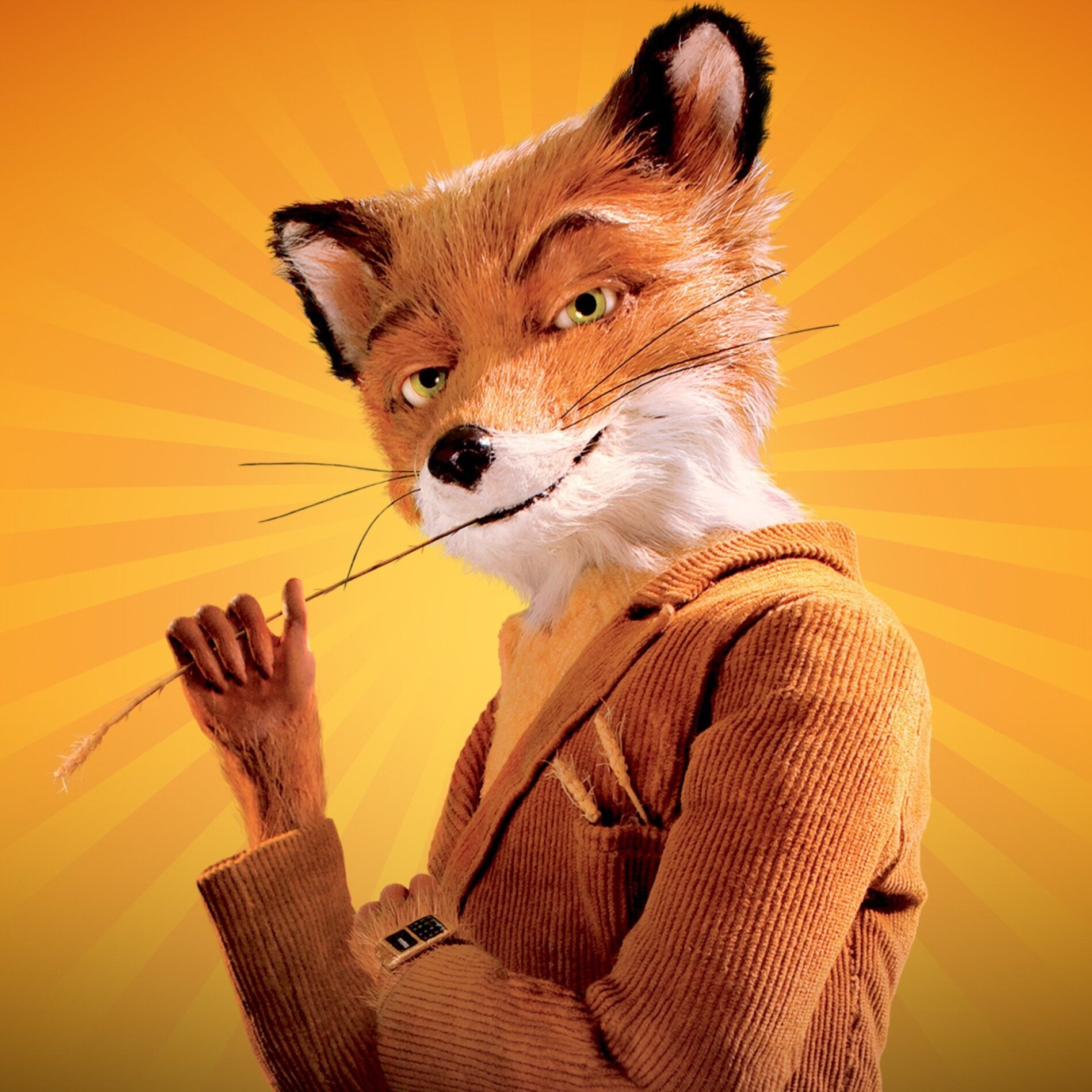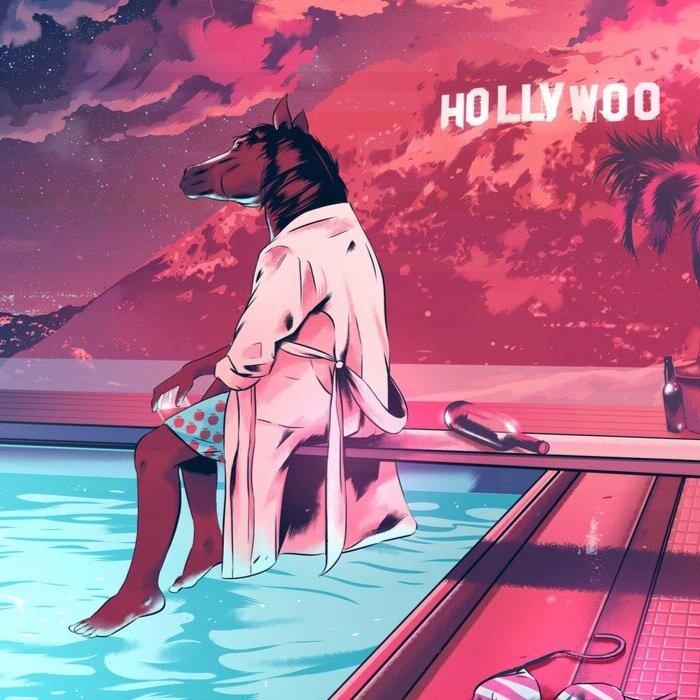Review: A Silent Voice
The bully is a very popular stereotype in entertainment, particularly in films about high school. Their portrayal ranges from satirical, like Regina George from Mean Girls, to delightfully evil, like Draco Malfoy from Harry Potter, to simple caricatures, like Biff Tannen from the Back to the Future franchise. The characterization of bullies have progressed to a point where, in Stranger Things, a series that pays homage to eighties’ movies, there is a bully homage manifested as the character Sean, who picks on the main characters for being below him. One aspect that all these characters have in common is that, while they may be sympathetic and have complex motivations, they are all undeniably antagonists, designed as a means to morally elevate the main characters by comparison. If all of that is true, then, what happens if this bully is not treated as a simple antagonist, but as a complex protagonist who, despite his rampant harassment towards a deaf classmate simply due to her disability, was constantly tormented physically and psychologically by his past actions and wished to make amends? Could this bully truly be empathized and potentially forgiven for his actions? A Silent Voice rises to this challenge and provides an interesting perspective on this issue.
A Silent Voice is a Japanese animated film that focuses on Shoya Ishida, a Japanese teenager whose childhood is stained by those very horrific actions I just described. His guilt over his past actions defines much of his existence: he suffers from severe social anxiety, an inferiority complex, and can’t forgive himself. To make amends, he tries to become friends with Shoko Nishimiya, the deaf girl he bullied in the past. He begins to make new friends and reconnects with his former friends from elementary school. Slowly but surely, he regains his ability to fully interact with others...and somehow begins to forgive himself for the unforgivable. What makes the film work is how Shoya’s past is portrayed, as it really hammers home just how unjustified and cruel his bullying of Shoko was. You can’t go much lower than ripping out a deaf girl’s hearing aids, on eight separate occasions, and watch her ears bleed as a result. In spite of that, the film also makes it clear that Shoya is not alone in the bullying; other characters, particularly Ueno Naoka – a girl who went to Shoya’s elementary school who also bullied Shoko, and continues to bully Shoko even in the present day - are shown to also partake in it, even if Shoya is the worst offender. When Shoya is finally outed as Shoko’s main tormenter in elementary school, none of the other bullies take responsibility and just fully lay the blame on him. Things get worse for Shoya when the former bullies feel justified in bullying him instead of Shoko. Though Shoko isn’t being harassed anymore, Shoya now is, and that still has its consequences.
When we see Shoya as a teenager, though, we don’t see this abject evil expected for bully characters, but a damaged person who closed himself off from society and convinced himself that he is an awful person without redeemable qualities. While this would normally be satisfying to watch, since he was undeniably a terrible person, it is this label that actually prevents Shoya from becoming a better person. He has internalized society’s hatred of him to a point that he’s become socially stunted, unable to believe he is deserving of any kindness or happiness because he must continue to atone for his sins, but too willing to believe that no one will ever care for him unless they’re obligated to do so, like his mother. Meanwhile, while Shoya is constantly tormenting himself, the other elementary school bullies have seemed to have moved on, which makes Shoya’s punishment feel unfairly distributed. Beyond this, what I think makes Shoya sympathetic is his willingness to make amends and improve himself. By talking to Shoko and treating her with kindness, Shoya attempts to move on and regain his social footing. Again, the film is not justifying Shoya’s past actions. Instead, it is trying to say that labeling bullies as simply ‘evil’ does not take into consideration the emotional complexities that contributed to the harassment and the opportunity for possible redemption.
These ideas about the treatment of bullies is balanced by Shoko’s own character arc. Shoko’s deafness is the root cause for all this cruelty. In the flashbacks to her harassment by Shoya, there is no real justification for why she was bullied, but it’s made painfully clear in the present timeline when Ueno continues to bully Shoko, just like when they were kids. Ueno is a despicable human being who, unlike Shoya, feels completely justified in her bullying of Shoko without any remorse. In the past, when the chance to learn sign language is offered by the school to help Shoko’s classmates communicate with her, Ueno declines, stating that such is inconvenient for everyone else. While this comment may seem inane, it reflects Ueno’s–and almost everyone else’s–unwillingness to sympathize with Shoko, and views accommodating for Shoko as a chore. This implies that Shoko’s very existence is a burden to her able-bodied classmates. And just like how Shoya internalized his guilt because of his horrible actions, Shoko internalized how society views her as a burden, even though, unlike Shoya, this punishment is just tied to her existence instead of anything she’s ever done.
I think this parallel reveals how empathy is tied to effort, as those who actually try to reach out to people, who are viewed as bothersome, are hailed as the protagonists, while those who are closed-minded and don’t consider others are looked down upon as the antagonists. It shows how hating people for their differences, or for their past actions, is easy, while finding the ability to care for those types of people actually requires effort and patience. This is why Shoya is the perfect protagonist in this story: he wants to gain empathy, to break out of his past of closed-mindedness and cruelty towards those who don’t deserve it, and treat others better in spite of his own misgivings about his own ability to do so. In the end of the movie, Shoya tells Shoko that he won’t care about her in a way that is convenient to him anymore – i.e., as a means of redemption – or out of obligation. Instead, he will care for Shoko because she is a human being who deserves it, just like anyone else, and no amount of false justification that would dissuade otherwise should muddy that truth.
Ultimately, A Silent Voice is about learning to care, both for those who are wrongly viewed as a burden to society and for those who otherwise aren’t deserving of sympathy. This message is portrayed perfectly through the fully-realized main characters and the world around them. While it is only in theaters for a limited run, I highly recommend renting or buying it when it comes out on DVD, Blu-Ray, or digital format. It’s the best film about bullying I’ve ever seen, and I can’t recommend it enough.
